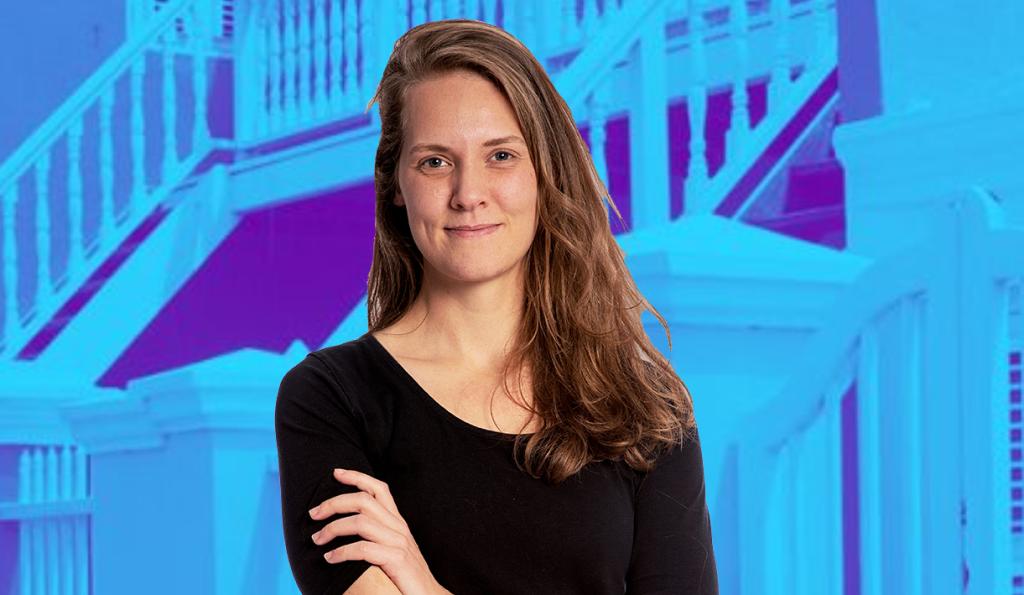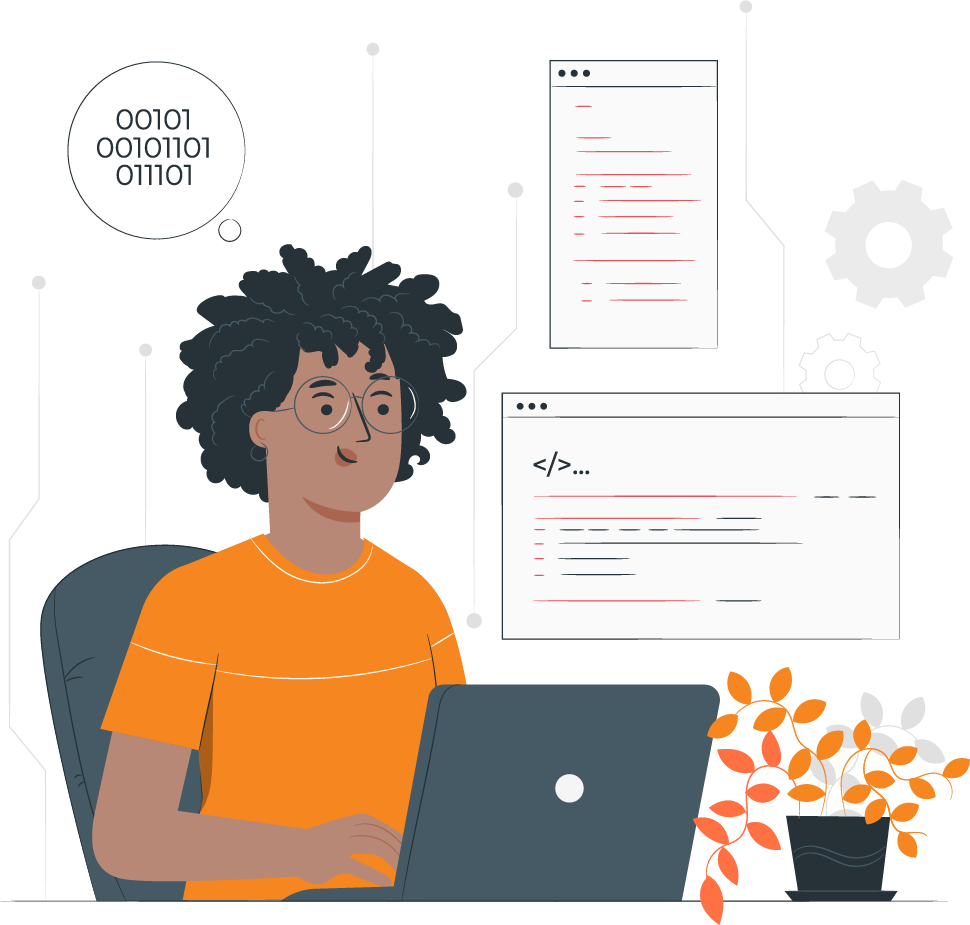
Vera Pronk is a Be Informed specialist at BearingPoint Caribbean. She shares her journey and insights on women in tech, breaking barriers and inspiring change.
Thank you so much for taking the time to be with us today. To start off, can you tell us a little bit about yourself?
My name is Vera Pronk. I am 29 years old and live in Spijkenisse. I have been working with Be Informed for three years.
Before that, I studied communication and multimedia design in Rotterdam. This study was mainly focused on user research and creating user-friendly designs. For me, as someone who is also interested in tech, I was looking for something that better matches my pace.
After doing some research, I found a traineeship about low code with OutSystems and Mendix. After this eight-week boot camp, I was placed to work with a client and learned on the job. That is basically how it started, and now three years later, I am still highly enjoying it.
It is interesting that you didn’t have any IT background. Can you share how it was when it all started?
Nowadays, I think I should have done this from the start. But when I was younger, for some reason, I thought I wouldn’t love it as much as I do now.
I also used to think that the field of UX would suit me perfectly because it is so broad and creative. Now I believe it was a little too broad for me personally. It was a shame that during these classes and internships, after a lot of hard work of researching and designing, usually, nothing happens with these concepts. It was during my first job in the field that I realized I was more at my own pace while thinking about the logic of it all. I had some basic knowledge of Javascript, HTML, and CSS from classes from my first year, which I enjoyed. So that is when I started exploring free tools online to see if that was something for me, and from there, I basically dived right in.
Can you share your experience as a woman in the IT field?
So far, I feel really comfortable in the world of IT. I actually think that it does not even make a difference which gender you have. It should not matter which gender you have. And that is also my personal experience so far. But at the same time, I do see that a large group of people is not so used to women in IT yet. Also, some clichés are still alive, automatically followed by the thought that it must not be a nice environment for a woman to work in.
Interestingly, when I meet new people and I tell them that I am a software developer, they are always surprised. In a good way, though. They would say something like, “Wow, that’s really cool!” And that actually makes me sort of proud.

I see where you’re coming from. We believe there are no gaps in knowledge and expertise between men and women. However, it might be “different” to work with mostly men?
I think these are some of the biases that I’m certain are true in some cases. I cannot deny that having, for example, an all-male or all-female team makes a difference in terms of atmosphere.
For a while, I was the only woman on my development team. But I don’t experience this as a challenge at all, and I feel very comfortable in my team. It just comes down to people’s personalities in the end. I’ve also experienced working with only men or only women in a professional setting before, where I didn’t feel like I was in the right place. It really depends. As it does everywhere I think.
What can organizations and individuals do to create a more inclusive and diverse IT workforce?
I think that a certain job takes a certain personality. That is why a development team in general, attracts more men and more other positions more women. From that point of view, it doesn’t really matter what the in-house division is.
At the same time, I believe that it is always nice to have a good balance. For example, the dynamics are different when there are only men, or only women, or a mix. I also believe that it is nice to have people from different backgrounds on one team, but I still don’t think companies should hire someone just because they are from a certain country, a certain race, or a certain gender. They should just hire someone who’s suitable for the job.
What is it like at BearingPoint?
I believe BearingPoint really tries to find the best suitable person for the position based on knowledge and expertise. And at the same time they are more interested in who you are as a person versus narrowing down the search for a specific type of candidate.
I feel like my colleagues are genuinely interested and welcoming to me and also to people with different interests and different cultures. That is one of the things that make me feel very comfortable there.
What advice do you have for women who are considering a career in IT?
Just try! There are many options, as the field of IT is really big. You can just google, try some small assignments in different coding languages, or a course. By doing so, you can check if it is something for you and if you enjoy doing it. Whether you have an IT background or not doesn’t matter. As long as you have a natural interest and curiosity, and problem-solving ability, you can learn it.
When I just started my internship, everything was new for me. I thought: just take small steps and see how it works out. And then, slowly, I started doing more complicated things.
Not knowing a lot of things might be frustrating or scary. It is important to tell yourself that it is impossible to know everything when you are just starting, and your team should know that as well. Learn at your own pace and definitely just ask for help when you need it.
A bonus question for our readers: there is a lot of rumor about AI technology disrupting the world we live in right now and that programming and coding will be the first to automate. What’s your opinion on this?
That is a highly interesting question. I have a feeling that it won’t be the case. Coming from a UX design perspective, different users and clients have very specific needs regarding what they want and how they would like an application to be.
Of course, there are many small things that can be automated. If it would be very straightforward things like decisions and calculations that never ever change.
But behind most products are humans with very human like wishes. A computer cannot ‘decide’ all of that. That is why I believe that human work is still here to stay for a long time.
Thank you very much for your time, Vera!
Do you want to be a part of our IT heroes team? Check out our job openings here.






